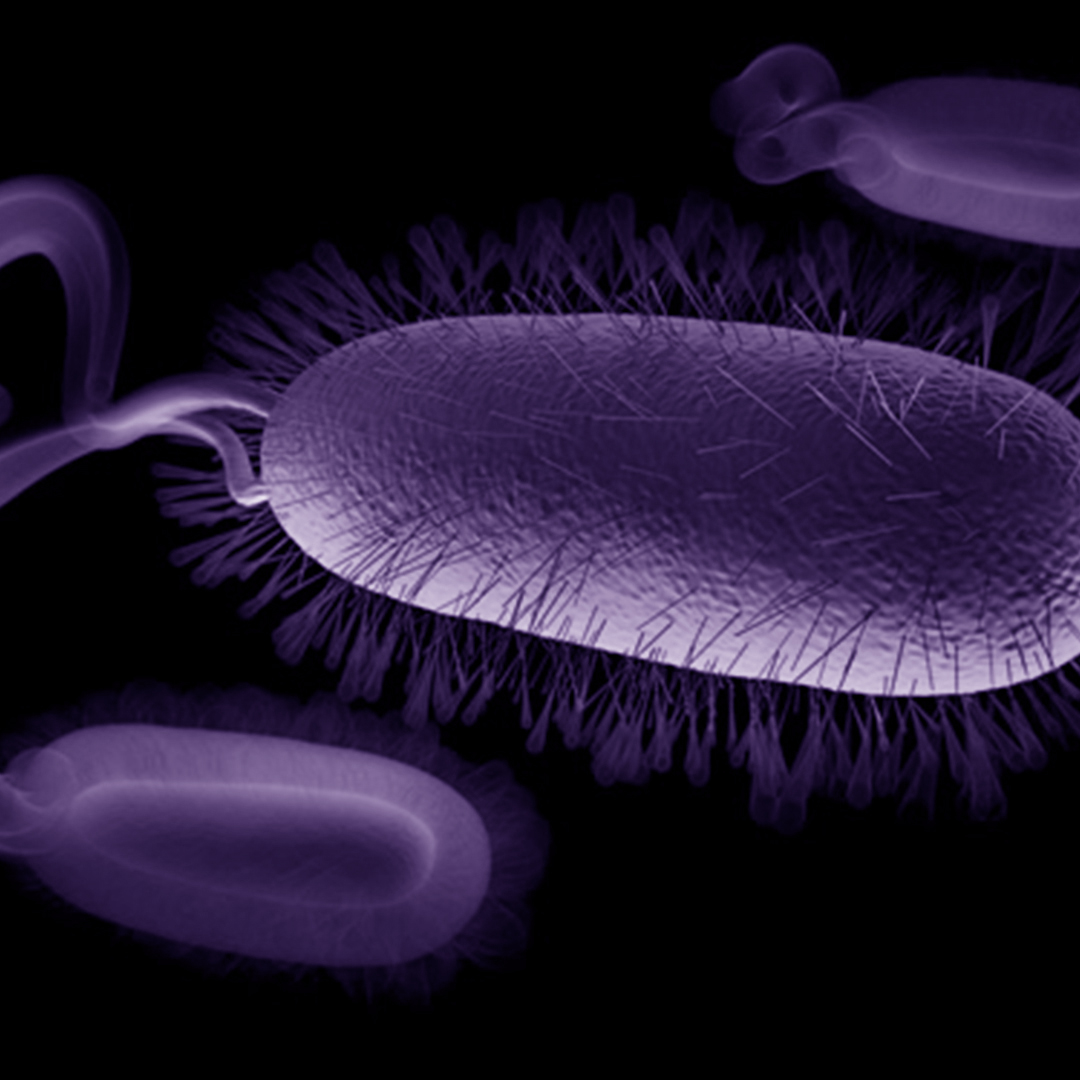Treating HelicobacterInfection Completely
Treating HelicobacterInfection Completely

What is Helicobacter Pylori?
Helicobacter pylori, scientifically known as H. pylori, is a type of bacteria that lives in the digestive system, Symptoms particularly in the stomach. This bacterium is one of the main causes of stomach ulcers and gastritis. Studies Pylori estimate that about 50% of the world's population is infected, but many of them do not experience clear symptoms.
Symptoms of H. Pylori Infection
of H. pylori infection can vary. The most common symptoms include:
- Abdominal pain or discomfort.
- Feeling of fullness or bloating.
- Nausea or vomiting.
- Loss of appetite.
- Heartburn.
- In some cases, stomach bleeding may occur, leading to blood in vomit or stool.

How is H. Pylori Diagnosed?
Diagnosing H. pylori relies on several methods:
- Breath tests: The patient drinks a solution containing urea, and carbon dioxide in the breath is measured.
- Blood tests: To check for antibodies against the bacterium.
- Endoscopy: A procedure used to examine the inner lining of the stomach and take a tissue sample.
- Stool tests: To detect the presence of the bacterium or its antigens.
Methods for Completely Treating H. Pylori
The primary treatment for H. pylori typically involves what is known as triple or quadruple therapy:
- Antibiotics: To eradicate the bacterium.
- Proton pump inhibitors: To reduce stomach acidity and promote healing.
- Antacids: To alleviate symptoms.
The treatment usually lasts from 10 to 14 days. Patients must adhere to the doctor's instructions to avoid reasons for not eradicating H. pylori, such as not taking medications regularly or not completing the prescribed course.
How Does H. Pylori Leave the Body Completely?
With an effective treatment regimen, the bacterium will start to diminish. It is important to follow up with the doctor after treatment to conduct confirmatory tests to ensure no remaining bacteria are present.
Signs of Complete Treatment of H. Pylori
Once the bacterium is eradicated, the patient may notice significant improvement in symptoms. Signs that indicate successful treatment include:
- Disappearance of abdominal pain.
- Improved digestion and comfort after eating.
- Decreased or vanished heartburn.
How Can H. Pylori Be Prevented?
To prevent H. pylori infection, it is advisable to follow these guidelines:
- Maintain personal hygiene, such as washing hands regularly.
- Avoid consuming contaminated food and water.
- Steer clear of potential sources of infection, especially in crowded places.
